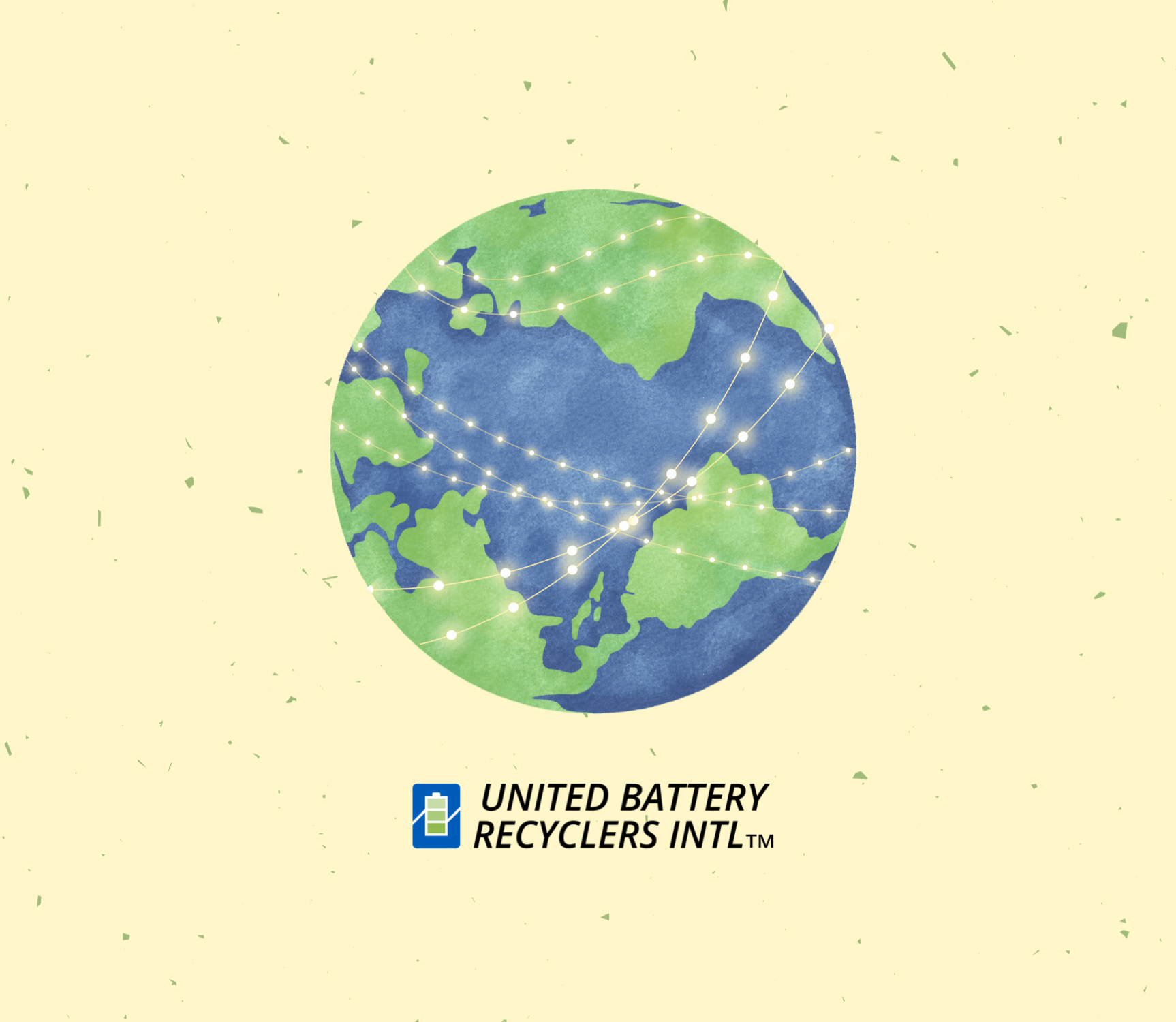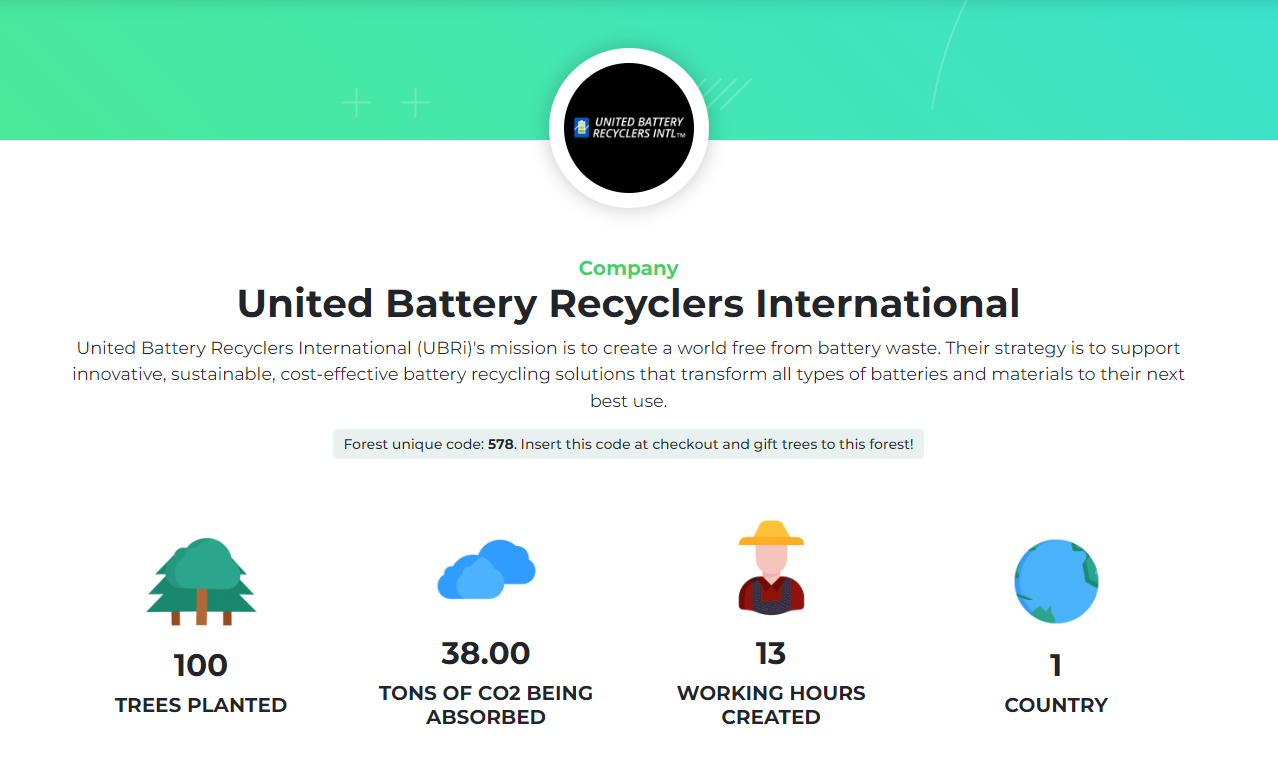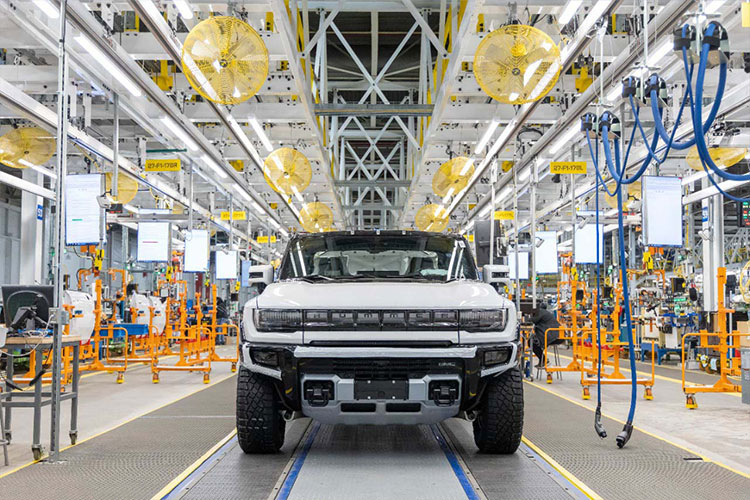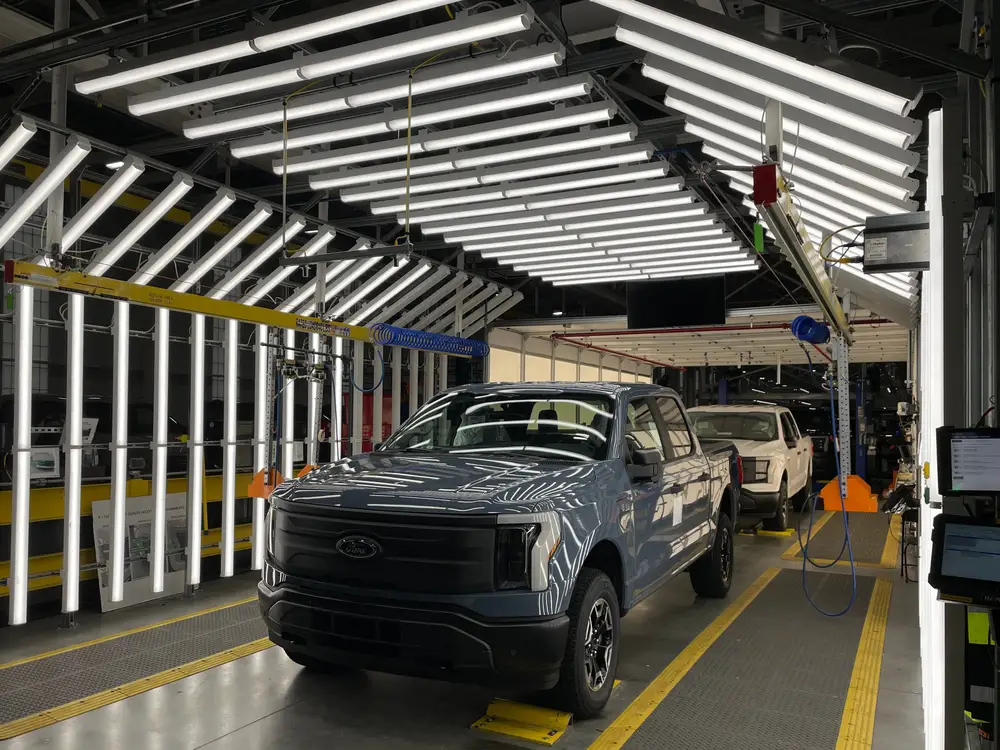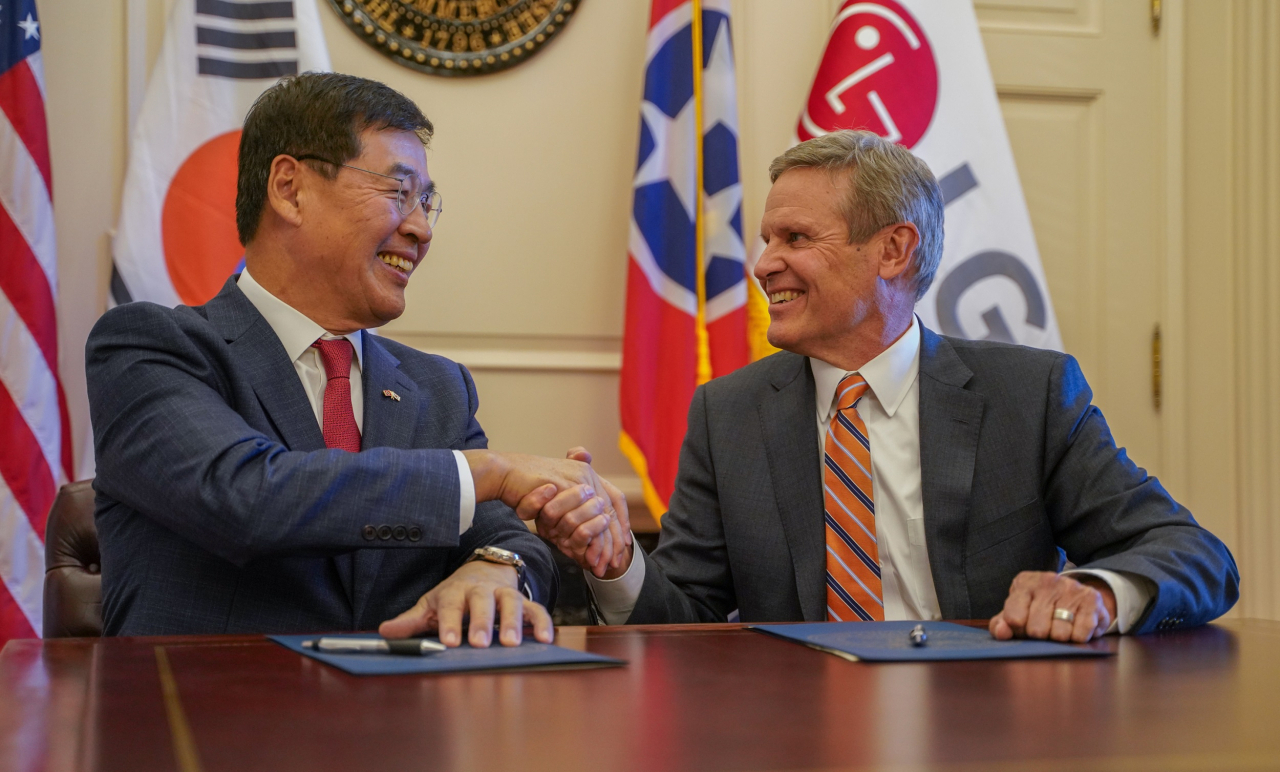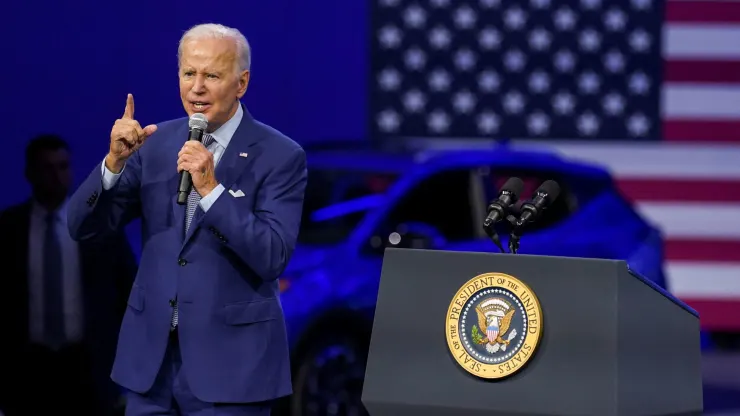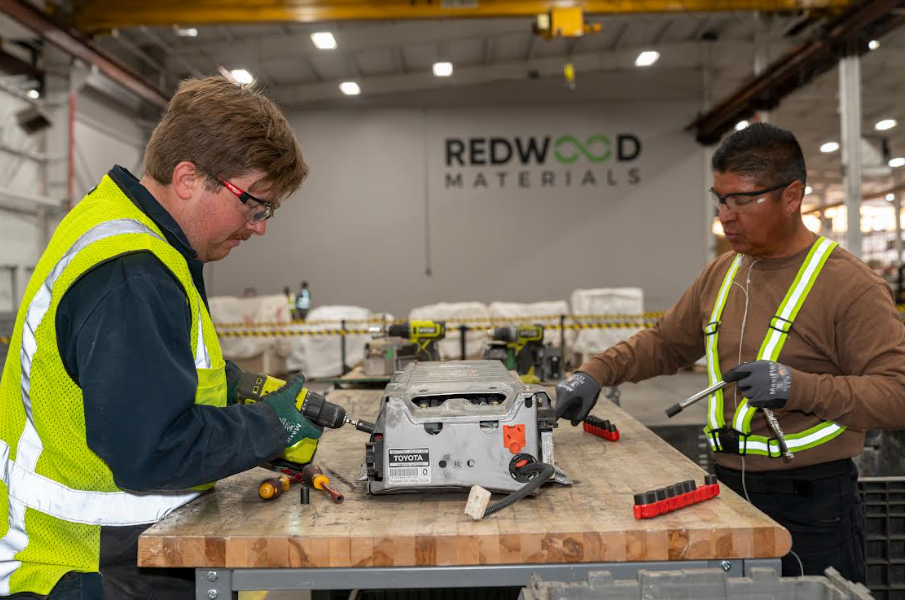“We, at United Battery Recyclers International, are grateful and deeply appreciate our partners, stakeholders, and enablers. From all of us to all of you, have a safe and happy holidays” - Michael Czarnota, CEO of UBRi
UBRi, partner of ReCharge ReCycling, has entered into an alliance with Evertreen, a United Kingdom based group that plants trees world-wide with companies that want to have a positive impact on the environment while alleviating poverty.
CNBC reports that Michigan is among the three states that will lead electric vehicle battery manufacturing in the U.S. by 2030
As 2022 comes to a close, the auto industry is staring down macroeconomic challenges, unprecedented supply constraints, and a talent crisis — and its leaders are starting to lose faith in the electric-vehicle transition. But even with negative undertones, this year was pivotal for the industry's $515 billion push to leave the internal-combustion engine behind.
South Korean battery material supplier LG Chem announced Tuesday plans to build a $3.2 billion facility to manufacture 120,000 metric tons of cathode materials used for electric vehicle batteries annually in Tennessee, the United States.
The Centrepolis Accelerator Award goes to Recharge Recycling. This team is developing a phased approach to collect, discharge, test, refurbish and ultimately process and recycle Lithium-ion batteries from electric vehicles and other sources.
The Biden administration on Wednesday said it will award $2.8 billion in grants for projects to expand U.S. manufacturing of batteries for electric vehicles and domestic mineral production.
Electric cars may still be a small percentage of overall sales in America but that percentage is growing every month as these innovative means of personal transportation continue to gain popularity. One of the strongest arguments against EVs is that the batteries will just end up in a landfill. While most EV car batteries are not ready for retirement, many car companies are planning and preparing to be able to recycle those end-of-life lithium-ion batteries, keeping them out of the landfills and reusing the raw materials to produce new batteries which will ultimately make EVs more sustainable and affordable.
To help avoid a climate catastrophe, we need to electrify every corner of our lives and economy using clean energy — an attempt to undo centuries’ worth of damage to our planet wrought by our reliance on fossil fuel energy. An electric future will also improve national security by reducing our need for oil from other nations.
Automakers and suppliers, keen to fortify an EV supply chain and avoid raw materials shortages, are turning to a domain once overlooked: battery recycling.

